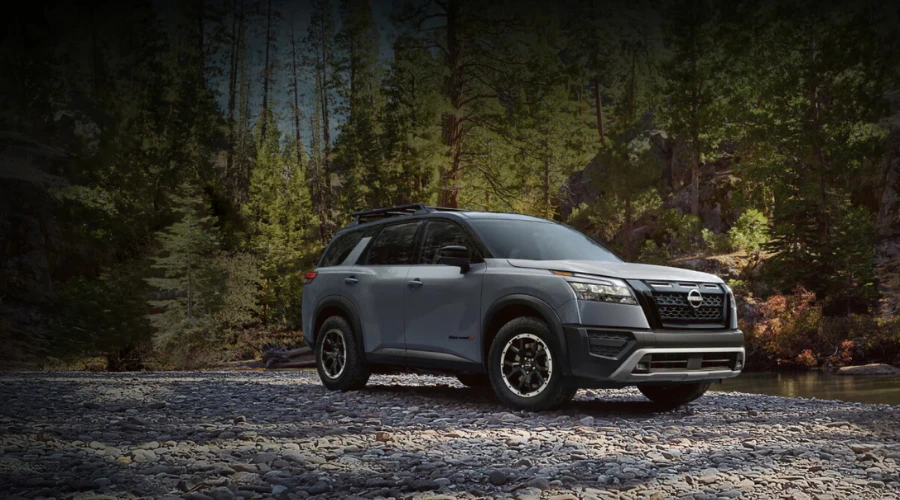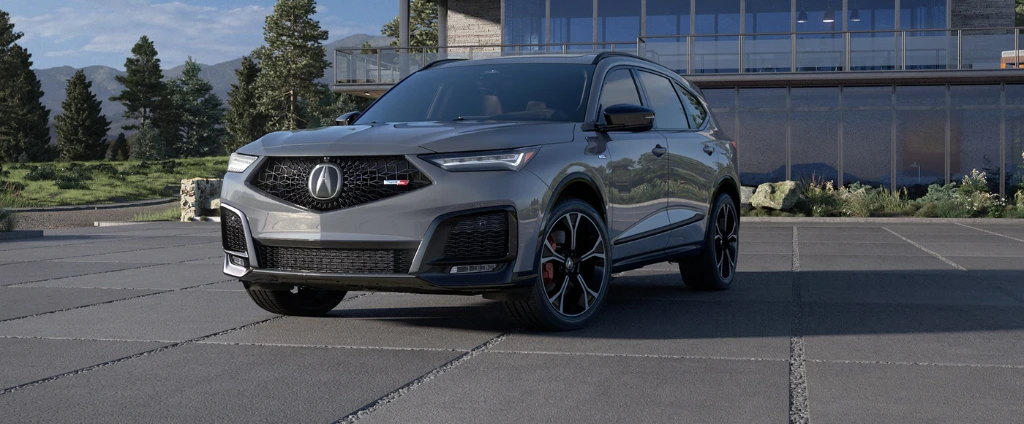Introduction: The Nissan Pathfinder is a versatile and reliable SUV, popular among families and adventure enthusiasts alike. However, even the most dependable vehicles require maintenance and occasional part replacements as they age. Recognizing the signs that it’s time to replace certain components can help keep your Pathfinder in top condition, prevent costly repairs, and ensure safe driving.
In this guide, we’ll walk you through some common signs indicating that parts on your Nissan Pathfinder may need to be replaced, with a focus on key components such as the transmission, brakes, suspension, and more.
1. Transmission Issues: Slipping Gears, Delays, or Rough Shifting
One of the most important components in your Nissan Pathfinder is the transmission. If you start noticing signs such as slipping gears, delays when shifting from one gear to another, or rough shifting, it could indicate that the transmission is worn out or damaged. These symptoms can lead to more serious problems if not addressed promptly.
For instance, if you own a Nissan Pathfinder 2013, transmission issues can arise due to age and mileage. In this case, replacing the transmission might be necessary to restore smooth shifting and optimal performance. Explore our options for a Nissan Pathfinder 2013 transmission to find a reliable replacement that fits your needs.
2. Warning Lights on the Dashboard in Nissan Pathfinder
Dashboard warning lights are the vehicle’s way of communicating with you. If the “Check Engine” light, “ABS” (Anti-lock Braking System) light, or other warning indicators illuminate, it’s a sign that something may be wrong with your Pathfinder. While some warning lights can be triggered by minor issues, others may indicate serious problems that require part replacements.
Common causes for warning lights include malfunctioning sensors, engine misfires, and transmission problems. Don’t ignore these warnings; it’s best to have your vehicle inspected to identify the specific issue and replace the necessary parts.
3. Brake Problems: Squealing, Grinding, or Soft Pedal Feel
The braking system is one of the most critical safety features in your Nissan Pathfinder. If you notice squealing or grinding noises when applying the brakes, it often means that the brake pads are worn out and need replacement. Additionally, a soft or spongy brake pedal feel could indicate air in the brake lines or a problem with the brake fluid.
Ignoring these signs can lead to reduced braking efficiency and increased stopping distances, which are dangerous. Regularly checking and replacing brake pads, rotors, and other brake system components will help ensure your Pathfinder’s brakes remain reliable.
4. Suspension Issues: Nissan Pathfinder
If your Nissan Pathfinder feels rough or bouncy when driving over bumps, or if you notice uneven tire wear, these could be signs of suspension problems. Worn-out shocks, struts, or control arms can affect ride quality, handling, and tire longevity.
Addressing suspension issues early on can prevent further damage to other components. Replacing worn suspension parts will not only improve ride comfort but also enhance vehicle stability, making your Pathfinder safer to drive.
5. Unusual Noises Under the Hood in Nissan Pathfinder
Strange noises coming from under the hood can be a warning that something is wrong. Whether it’s a knocking, rattling, or squealing sound, these noises often indicate problems with the engine, belts, or other essential components.
For example, a rattling noise may suggest a loose timing chain, while a squealing sound could point to a worn serpentine belt. It’s important to identify the source of the noise and replace the faulty part to prevent more serious engine damage.
6. Difficulty Starting the Engine Nissan Pathfinder
If your Pathfinder struggles to start or takes multiple attempts to turn over, it could be due to a failing battery, starter, or ignition system component. While some starting problems can be resolved with a simple battery replacement, others may require more extensive repairs.
Don’t ignore starting issues, as they may eventually leave you stranded. Regularly check the condition of the battery, spark plugs, and other ignition system components to ensure reliable performance.
7. Fluid Leaks: Transmission, Engine, or Brake Fluid
Finding puddles of fluid under your Nissan Pathfinder is never a good sign. Leaks can indicate issues with the transmission, engine, cooling system, or braking system. For example, red or brown fluid could suggest a transmission fluid leak, while green fluid may indicate a coolant leak.
If you spot a fluid leak, it’s crucial to identify the source and repair it promptly to avoid damaging the affected system. In cases where the transmission is leaking, you may need to replace seals or even consider a full transmission replacement.
8. Poor Fuel Efficiency in Nissan Pathfinder
A noticeable drop in fuel efficiency may be a sign that your Pathfinder’s engine is not performing optimally. Issues such as clogged fuel injectors, a faulty oxygen sensor, or even problems with the transmission can cause the engine to use more fuel than usual.
Regular maintenance and timely replacement of faulty components can help restore your SUV’s fuel efficiency, saving you money at the pump while improving overall performance.
9. Electrical Problems: Dim Lights or Malfunctioning Accessories
If the headlights, dashboard lights, or other electrical components in your Pathfinder start to dim or malfunction, there could be an issue with the battery, alternator, or wiring. Electrical problems can also cause issues with powered accessories like windows and door locks.
Replacing worn or faulty electrical components is essential to maintain the functionality and safety of your vehicle’s electrical system.
10. Exhaust Issues: Loud Noises or Emissions Warning
If you hear loud exhaust noises or notice increased emissions, there could be a problem with the exhaust system, such as a damaged muffler, exhaust pipe, or catalytic converter. These issues can cause your Pathfinder to fail emissions tests or produce unpleasant fumes.
Replacing damaged exhaust system components can reduce noise, improve fuel efficiency, and help your vehicle pass emissions tests.
Why Addressing These Signs Early is Crucial
Paying attention to these signs and addressing them promptly can prevent more extensive damage and costly repairs down the road. Regular maintenance and timely replacement of worn parts will not only keep your Nissan Pathfinder running smoothly but also ensure your safety on the road.
If you’re experiencing transmission issues or any of the signs mentioned above, it may be time to look into replacing the affected components. For Nissan Pathfinder 2013 transmission problems, you can find high-quality replacement options that are designed to restore your SUV’s performance and reliability.
Final Thoughts
Knowing the signs that indicate it’s time to replace parts on your Nissan Pathfinder can help you stay ahead of potential problems. From transmission issues and brake problems to suspension and electrical concerns, addressing these signs early on can ensure your vehicle remains dependable and safe to drive. If you need a replacement transmission, engine, or other components, make sure to choose quality parts from a reputable supplier.




